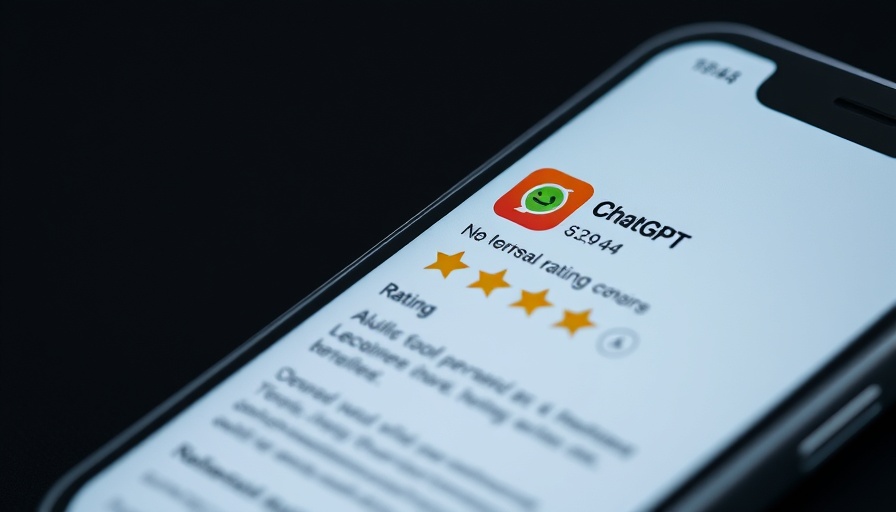
Revolutionizing Your Job Search with AI
In today’s competitive job market, harnessing the power of Artificial Intelligence (AI) can significantly streamline your job search. With ChatGPT emerging as a popular tool among job seekers, it offers unique prompts that allow users to extract relevant insights tailored to their desired roles. Five specific prompts stand out as particularly effective, potentially speeding up the quest for your next position while ensuring the content of your applications resonates with recruiters.
Understanding Key Job Requirements
One of the most informative prompts is, “What top 5 skills are needed to be successful in this role?” This request leads to a distilled overview of expectations outlined in job descriptions, which are often lengthy and filled with corporate jargon.
By identifying key skills, candidates can tailor their resumes to specifically highlight relevant experiences. This is particularly crucial since over 98% of Fortune 500 companies employ Application Tracking Systems (ATS) to filter resumes. Customizing applications not only enhances visibility but also aligns personal narratives with incremental details sought by hiring managers, thus proving why you should rightfully occupy the open position.
Positioning Yourself with Unique Skills
Another engaging prompt is, “What skills do most [Position Name]s lack?” While many candidates articulate their fit for a position, few focus on how they stand apart. This insight identifies skills that are often overlooked by others, allowing you to showcase your distinctiveness. For example, if you find that the majority of applicants lack proficiency in a specific software or interpersonal skill, ensure these are highlighted in your resume and interview discussions.
According to the 2025 World Economic Forum's Future of Jobs Report, 63% of global organizations anticipate that a skills gap will impede their ability to evolve. By pivoting the focus from just fitting the role to standing out, you position yourself as a candidate who can successfully address this emerging concern.
Identifying Skills Gaps in Your Resume
The prompt, “What is missing from this resume to be successful as a [Position Name]?” serves as a critical reflection tool. Identifying skill deficiencies enables candidates to round out their applications, ensuring they do not overlook valuable experiences that could set them apart.
This self-assessment is invaluable for job seekers—analyzing what your resume lacks compared to industry expectations can help bridge the gap between your qualifications and the role’s demands. Remember, precision matters: include metrics and specific examples to substantiate claims regarding your expertise and accomplishments.
Ensuring Effective Communication of Ideas
Leveraging prompts to refine your communication during interviews is equally vital. An effective way to prepare is to ask, “How can I frame my experience as an asset for [Company Name]?” Building narratives around your background that specifically relate to the organization’s culture and goals is a rewarding tactic.
Such insights not only facilitate conversations during interviews but also foster meaningful connections with potential employers, showcasing that you are not just another candidate applying for the role but a fitting piece of their organizational puzzle.
The Future of AI in Job Searches
As AI continues to evolve, its impact on job seeking and recruitment will grow. Tools like ChatGPT are only the beginning; advancements will likely lead to even more sophisticated algorithms and actionable insights, further transforming how candidates align their skills to market needs.
Being prepared for rapid changes can give job seekers a competitive edge, emphasizing the importance of regularly revisiting skills and adapting applications as both personal experiences and industry demands shift.
Why You Should Act Now
As job markets fluctuate and competition intensifies, the space for effective strategies will become increasingly important. By utilizing these strategic prompts with ChatGPT, job seekers can project confidence and market alignment, positioning themselves effectively for their desired roles. Understanding what skills are in demand and how to articulate both personal and professional narratives could significantly sway hiring decisions in your favor.
Acting on this knowledge equips you not only to apply but to secure interviews that last beyond the initial submission process. With the landscape of employment changing at a brisk pace, leverage AI tools to gain insights and tailor your applications for success.
 Add Row
Add Row  Add
Add 




Write A Comment